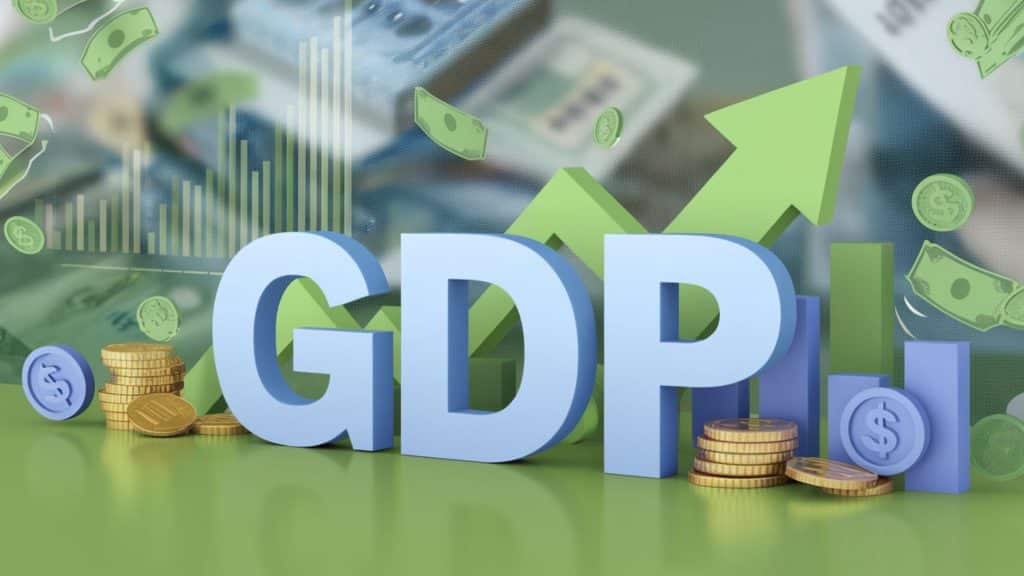Have you ever wondered why politicians, economists, and news anchors constantly talk about GDP numbers?
Why does a country’s Gross Domestic Product seem to dominate economic headlines and policy discussions worldwide?
The truth is, GDP’s importance extends far beyond being just another economic statistic. It’s actually the single most powerful indicator of a nation’s economic health, living standards, and future prosperity.
Understanding why GDP matters can help you make sense of everything from job market trends to government spending decisions that directly affect your daily life.
This blog tells you exactly why GDP is so crucial, how it impacts you personally, and why every informed citizen should understand its significance.
What is GDP and Why Should You Care?
GDP, or Gross Domestic Product, measures the total value of all goods and services produced within a country during a specific time period. Think of it as a giant calculator that adds up everything a nation produces.
Here’s what GDP includes:
- Consumer spending (your purchases)
- Business investments
- Government spending
- Net exports (exports minus imports)
The GDP’s importance becomes clear when you realize it’s like a country’s report card. A growing GDP usually means more jobs, higher wages, and better living standards for everyone.
The Real-World Impact of GDP on Your Life
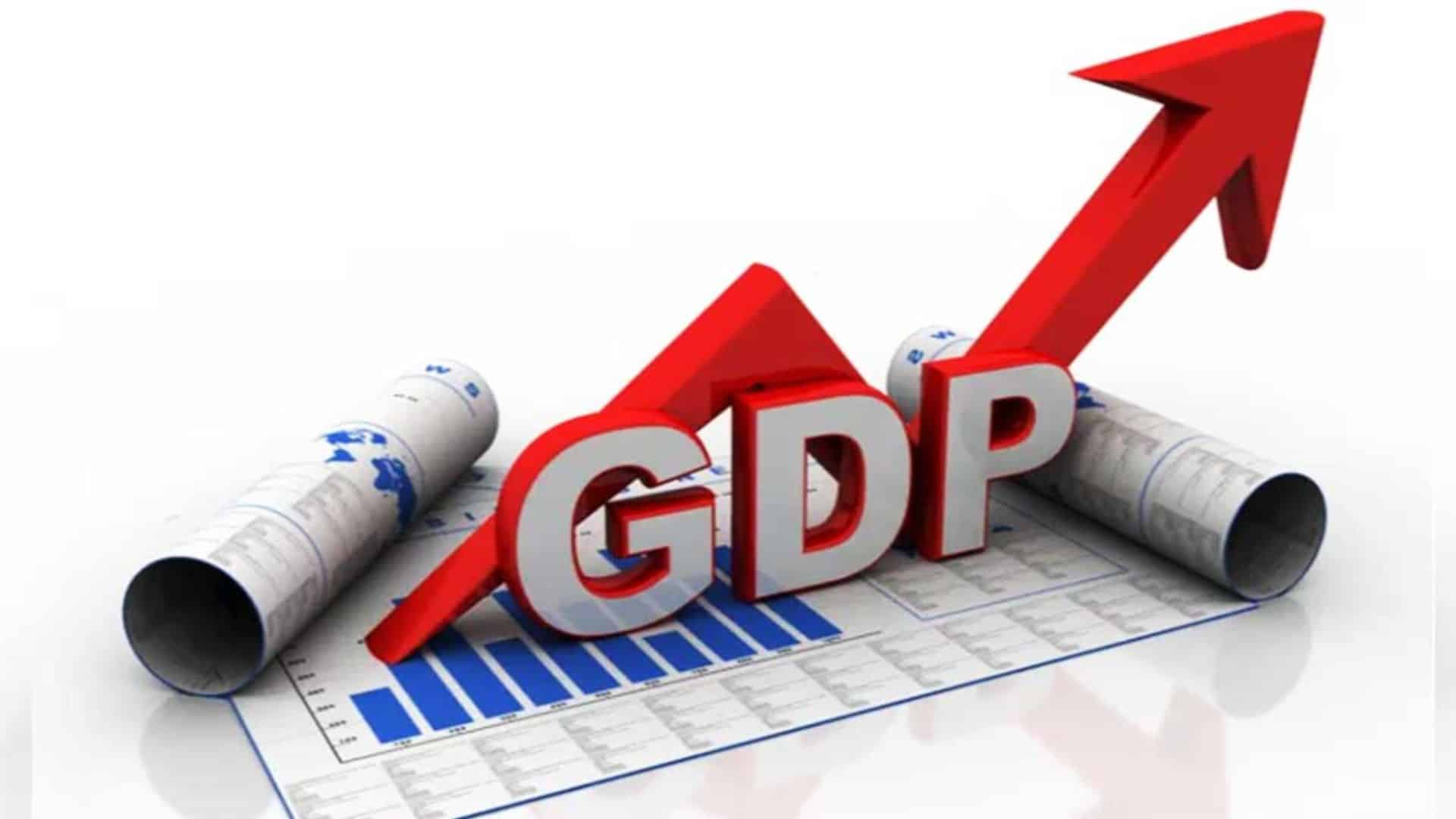
GDP isn’t just an economic term; it affects your everyday life in real ways. From job opportunities to interest rates and public services, a country’s GDP shapes the quality of life and cost of living around you.
Job Market and Employment
When GDP grows, companies typically:
- Hire more workers
- Increase wages
- Expand their operations
- Invest in new projects
Government Services and Infrastructure
Higher GDP means governments collect more tax revenue, which translates to:
- Better schools and hospitals
- Improved roads and public transportation
- Enhanced public safety services
- More social programs and benefits
How GDP Influences Global Economics
GDP plays a central role in shaping international economic dynamics. It influences trade, investment flows, and a country’s position in the global market.
International Trade and Relations
Countries with strong GDP growth often enjoy better trade relationships, increased foreign investment, stronger currency values, and more influence in global decisions.
Investment Opportunities
Investors worldwide closely monitor GDP numbers because they indicate market stability, growth potential, risk levels, and future returns.
Understanding GDP Per Capita: The Personal Connection
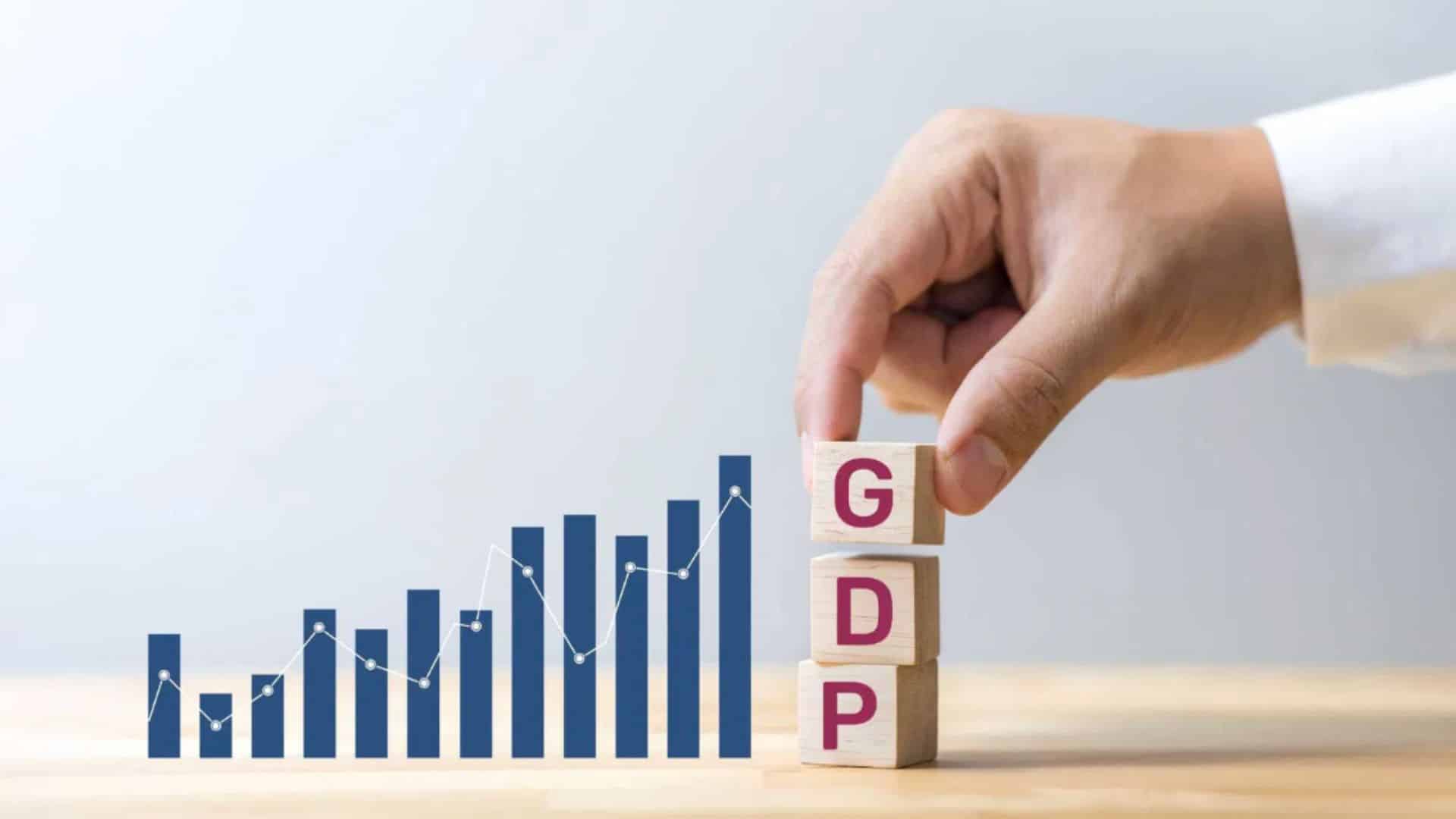
While total GDP indicates a country’s overall economic size, GDP per capita reveals the individual prosperity levels of its citizens.
This metric divides the total GDP by the population, indicating the average economic output per person.
| Country Type | GDP Per Capita Range | Living Standard Indicators |
|---|---|---|
| High-income | $12,000+ | Strong healthcare, education, and infrastructure |
| Middle-income | $1,000-$12,000 | Developing services, growing opportunities |
| Low-income | Under $1,000 | Limited services, high poverty rates |
This classification helps compare economic well-being across nations and highlights where support or investment may be most needed.
Limitations of GDP
Despite its importance, GDP has some blind spots:
What GDP Doesn’t Measure
- Environmental quality
- Income inequality
- Unpaid work (like volunteering)
- Quality of life factors
- Happiness and well-being
Alternative Measures
Some economists prefer broader indicators like:
- Genuine Progress Indicator (GPI)
- Human Development Index (HDI)
- Gross National Happiness (GNH)
GDP Growth Patterns and Economic Cycles
Understanding the importance of GDP means recognizing economic cycles:
| Phase | GDP Trend | Unemployment | Consumer Behavior | Business Activity |
|---|---|---|---|---|
| Expansion Phase | GDP grows steadily | Low unemployment | Rising consumer confidence | Increased business investment |
| Recession Phase | GDP declines for 2+ consecutive quarters | Higher unemployment | Reduced consumer spending | Greater business uncertainty |
| Recovery Phase | GDP begins to grow again | Employment improves gradually | Consumer confidence rebounds | Business investment starts to resume |
These phases help economists, businesses, and investors anticipate market trends and make informed financial decisions.
How Different Sectors Contribute to GDP
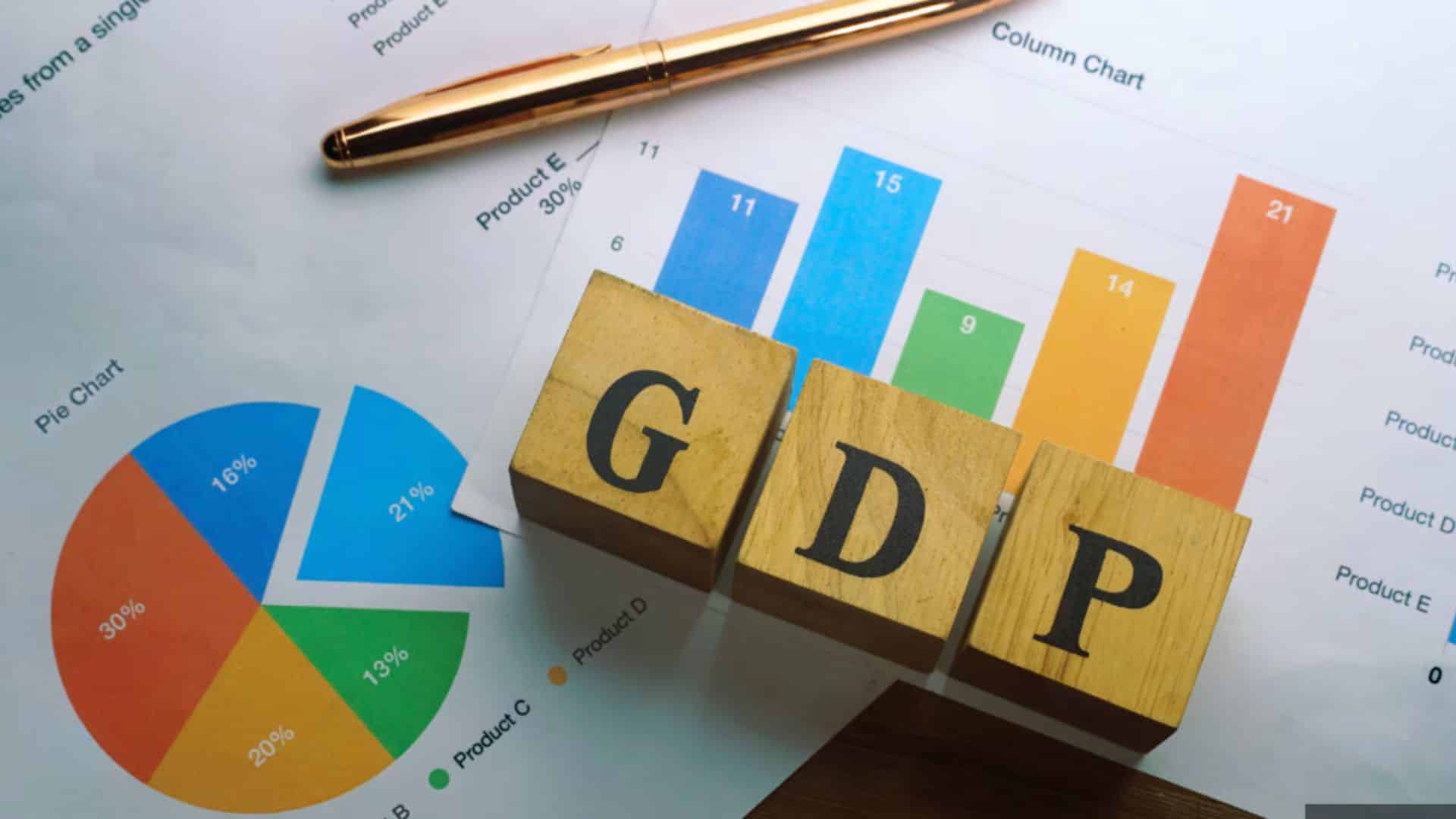
The service sector, which is dominant in developed economies, encompasses finance, healthcare, education, and hospitality.
The manufacturing sector encompasses industries such as automobiles, electronics, textiles, and food processing.
The primary sector involves agriculture, mining, fishing, forestry, and energy production, which are core to resource extraction.
Using GDP Data for Personal Financial Decisions
Smart individuals use GDP trends to make informed choices about careers, investments, spending habits, and long-term financial planning.
Investment Decisions
- Growing GDP often signals good stock market conditions
- Declining GDP may indicate the time for safer investments
- Sector-specific GDP data helps identify growth opportunities
Career Planning
- High-growth GDP sectors often offer better job prospects
- Regional GDP data helps identify promising locations
- Economic forecasts based on GDP can guide career timing
Business Planning
- GDP trends help predict consumer demand
- Regional GDP growth indicates market opportunities
- Economic cycles based on GDP help in timing business expansion
The Global Perspective: Comparing Countries
GDP plays a crucial role in comparing the economic strength and development of nations. Countries like the United States, China, and Germany, with high total GDP, enjoy significant global influence and higher living standards.
Meanwhile, emerging markets with rapidly growing GDP often attract foreign investment, develop rising middle classes, and improve infrastructure.
GDP trends also serve as key indicators of development, highlighting regions that are moving out of poverty, identifying areas with investment potential, and measuring the effectiveness of economic policies.
Future Trends and GDP Evolution
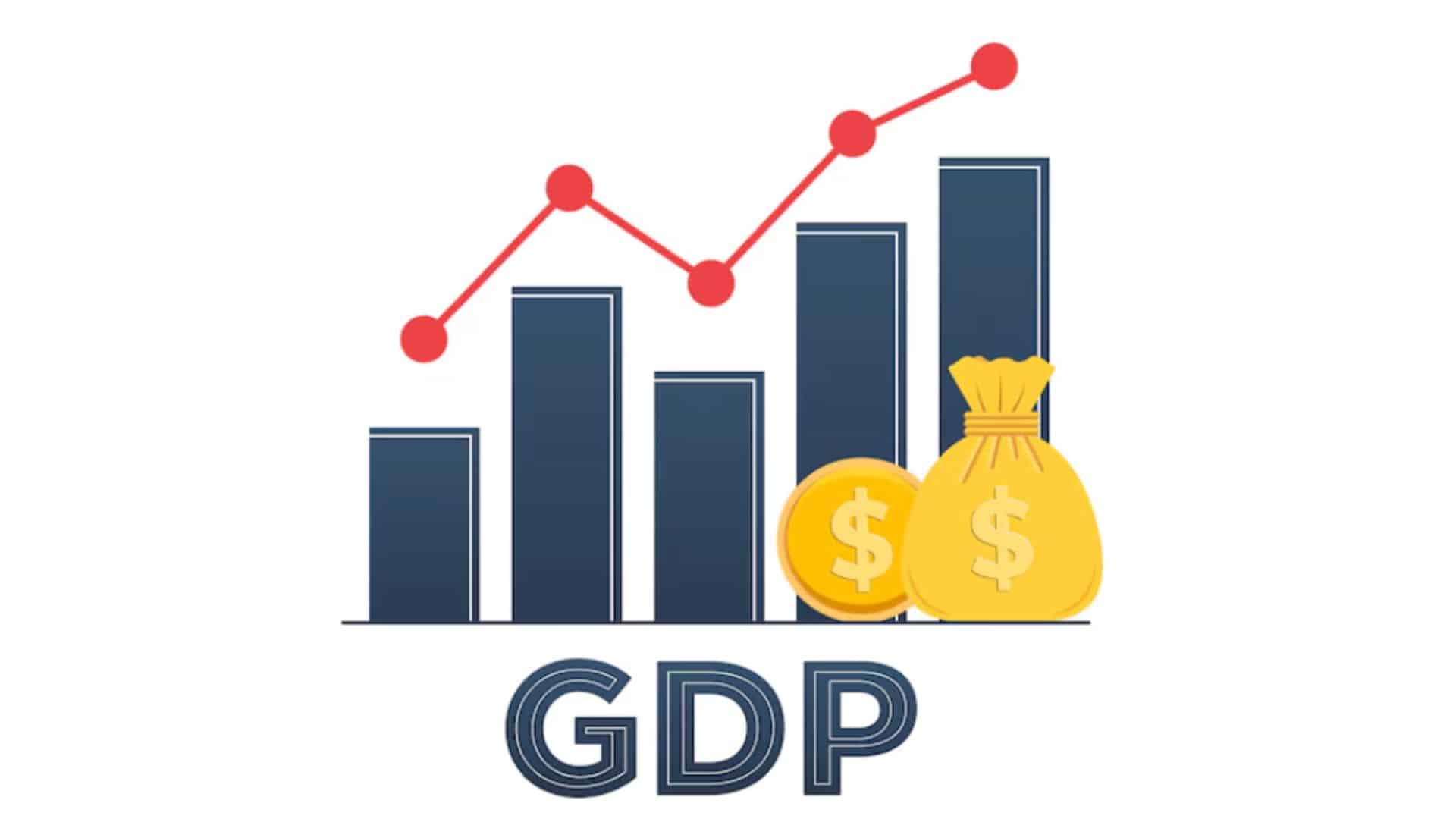
The concept of GDP’s importance continues to evolve with changing global dynamics, economic shifts, and a deeper understanding of development indicators.
Digital Economy Integration
- Online services and e-commerce
- Digital platforms and apps
- Remote work contributions
- Cryptocurrency and blockchain impacts
Sustainability Considerations
- Green GDP measurements
- Environmental cost accounting
- Sustainable development goals
- Climate change economic impacts
Conclusion
Understanding the importance of GDP isn’t just for economists and policymakers; it’s essential knowledge for anyone who wants to make informed decisions about their career, investments, and future.
GDP serves as the foundation for understanding economic health, predicting trends, and recognizing opportunities in our interconnected world.
While it’s not a perfect measure, GDP remains our best tool for gauging economic progress and comparing prosperity across different countries and time periods.
By staying informed about GDP trends and their implications, you’re better equipped to navigate economic uncertainties and capitalize on growth opportunities in your personal and professional life.

